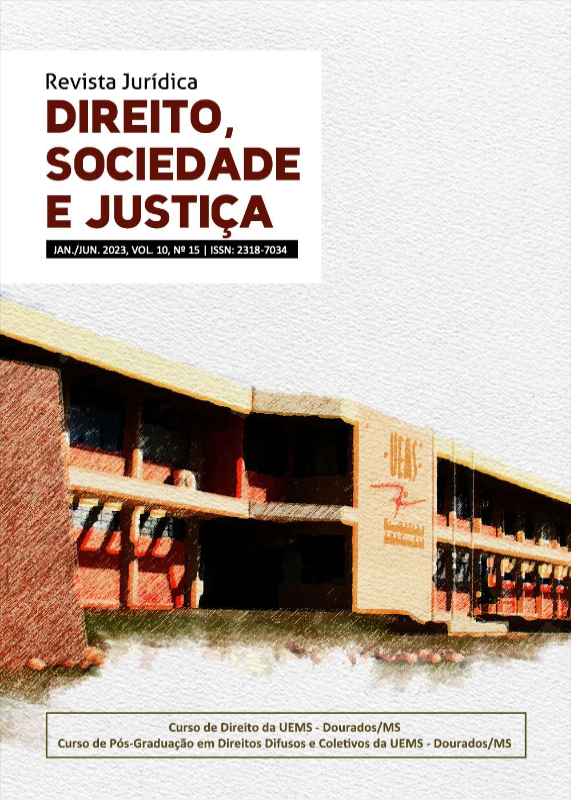LEI DE DROGAS
DRUG LAW: THE MASS INCARCERATION OF BLACKS FOR THE CRIME OF DRUG TRAFFICKING AND THE INEFFECTIVENESS OF PRINCIPLES OF LAW
DOI:
https://doi.org/10.61389/rjdsj.v10i15.7704Abstract
This article seeks to analyze the arrests caused by the crime of drug trafficking, which end up interfering with the current situation of Brazilian penitentiaries, resulting in overcrowding, in order to understand criminal selectivity and the principles infringed by it, insofar as it is possible perceive a pattern of race and social class among those incarcerated, according to the research that will be exposed here. Meanwhile, it also aims to analyze the data mentioned, the judged and seek to understand, in the light of Law 11.343/03 and the Brazilian Federal Constitution of 1988, the consequences of this mass incarceration. It is also intended to clarify whether, in practice, the principle of the presumption of innocence is a guarantee that has been applied to all citizens, without distinction, and which factors influence the fact that the prison system has, for the most part, its black and belonging to the lower class. All this, from the theoretical framework of criminal selectivity, through bibliographic research on criminal law and the functioning of the modern penal system, which demonstrates that such selection exists, treating those who belong to the lower social classes in a discriminatory way, a topic specifically addressed in this article. article, and benefit from your skin color or social status.
Key-words: incarceration; contact; presumption of innocence; drug trafficking.
Downloads
Published
How to Cite
Issue
Section
License
O envio de trabalho implica que seu(s) autor(es) concede(m), formal e gratuitamente, à Revista Direito Sociedade e Justiça, os direitos autorais, caso o mesmo seja aceito para publicação, de o incluir, publicar e divulgar em qualquer meio, inclusive em arquivos virtuais, Cd-Rom (ou equivalente), revistas impressas, na página virtual do curso, etc..
Caso referida revista, em qualquer dos seus meios de publicação, sejam comercializadas ou de alguma forma patrocinadas, não retirará a natureza de gratuidade anteriormente prevista.
Os trabalhos publicados terão caráter subsidiário para os usuários na elaboração dos seus estudos, pesquisas, trabalhos científicos e acadêmicos, bem como demais atividades pedagógicas, podendo ser impressos para essa finalidade, sendo que a utilização para fim diverso do aqui estabelecido dependerá de autorização do autor e do conselho editorial da revista.

